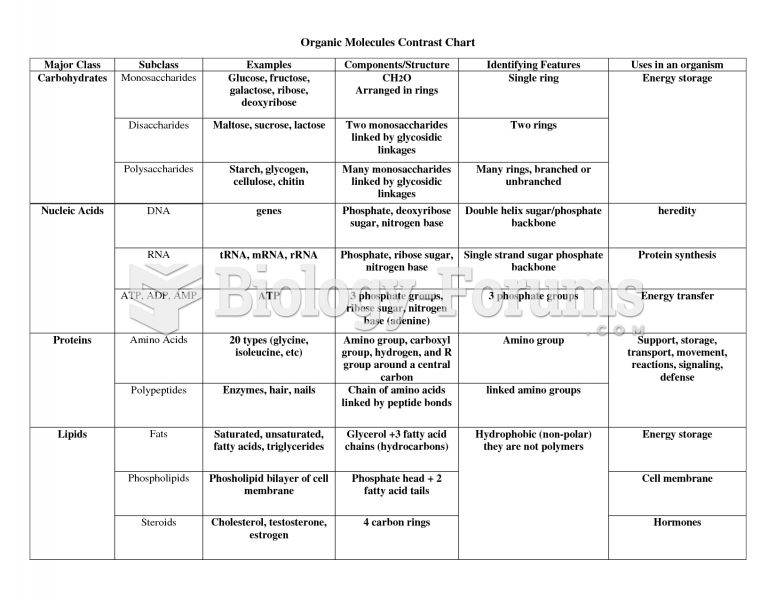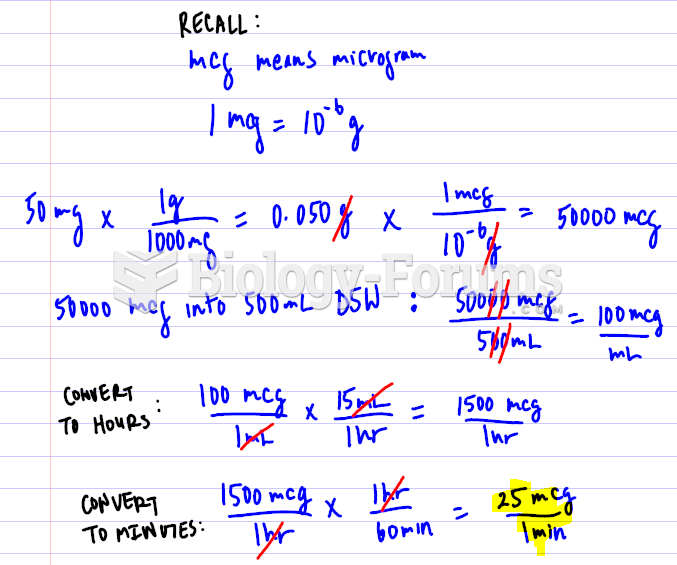Answer to Question 1
The Anthropological View
In the 1950s, Herbert Block and Arthur Niederhoffer suggested that gangs appeal to adolescents' longing for the tribal process that sustained their ancestors. They found that gang processes do seem similar to the puberty rites of some tribal cultures; gang rituals help the child bridge the gap between childhood and adulthood.
The Social Disorganization/Sociocultural View
Sociologists have commonly viewed the destructive sociocultural forces in poor inner-city areas as the major cause of gang formation. The sociocultural view assumes that gangs are a natural response to lower-class life and a status-generating medium for boys whose aspirations cannot be realized by legitimate means. Youths who join gangs may hold conventional goals, but are either unwilling or unable to accomplish them through conventional means.
The Psychological View
Some experts believe that kids who live in deteriorated, disorganized areas are prone to suffer from elements of an antisocial personality defect; they may also be the ones most likely to join gangs. Gangs recruit from among the more sociopathic youths living in poverty-stricken communities. Lacking in remorse and concern for others, they make perfect vehicles to carry out the gang's violent missions.
The Rational Choice View
Some youths may make a rational choice to join a gang. Members of the underclass turn to gangs as a method of obtaining desired goods and services, either directly through theft and extortion or indirectly through drug dealing and weapons sales. In this case, joining a gang can be viewed as an employment decision..
Answer to Question 2
C






